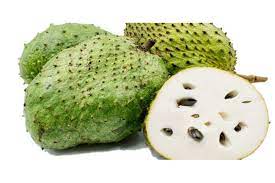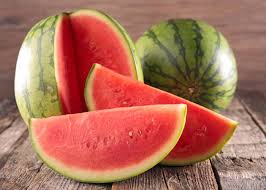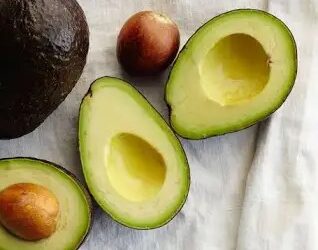Non-selective cravings may sometimes be an indication of actual hunger too. The desire for specific foods, on the other hand, is known as selective craving.
Have you ever wondered where cravings come from, and why we experience them? Several schools of thought have emerged regarding cravings, and the topic is one that is still up for further research. It is important to know what causes cravings, as a first step towards curbing them.
It’s all in the mind
Have you ever thought: “it’s all in the mind” when those intense desires set in? Well, that is not far from the truth! There are regions of the human brain that regulate memory, pleasure and reward. Cravings originate from these regions of the brain, mainly because there is a memory of pleasurable or rewarding experiences a person has associated with particular foods.
It’s also about how you feel
It is also important to note that cravings may be purely emotional, especially among those who eat for comfort. Stress plays a major role in emotional eating as well, as does anxiety.
Hormones, hormones!
Hormonal imbalances can also cause cravings. Deficiencies of leptin (which regulates appetite) and serotonin (which regulates mood, social behavior, appetite and digestion, sleep, memory) may lead to cravings. In pregnancy, hormonal changes may alter senses of taste or smell, resulting in strong cravings.
Poor nutrition
Cravings may also be a sign that you’re not eating well, with reference to both quantities/ proportions and quality. They have often been linked to the lack of certain nutrients. If your body lacks a particular nutrient, it may manifest as an intense craving for a food that contains that nutrient. If you skip meals, fast for long hours or place yourself on a restrictive diet, chances are that you’ll have cravings very often.
As with several conditions, identifying the cause of your cravings may well be a great stride towards addressing them. So, what do you think causes your cravings?































